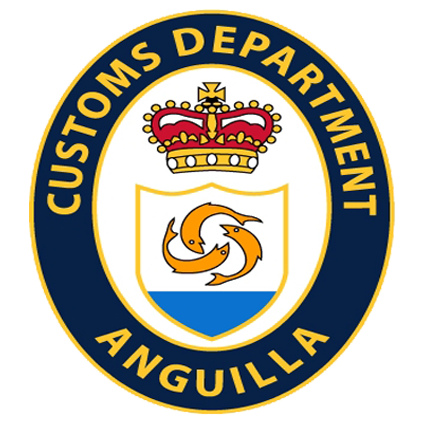History
When the movement for the break in the political relationship in the State of St. Kitts-Nevis–Anguilla began in 1967 that resulted in the 'Anguilla Revolution,' Anguilla was an 'Out–post' of the Customs Department with Headquarters in Basseterre, St. Kitts. The Comptroller of the Customs & Excise was Mr. Herbert Hanley (R.I.P).
In Anguilla, the Head of the Out-post was the Island's Treasurer, who also assumed the title of the Chief Revenue Officer (CRO). When I joined the staff in the early 1960's, that post was held by Mr. Olney Rey. When the Revolution began, it was Mr. Cecil Richardson. At one time Mr. Eustace John held the post. He is now the Deputy Governor in Nevis.
There were three (3) official seaports of entry in Anguilla via Road Bay, The Forest & Blowing Point. A Customs Officer & a "Boatman" (now termed Customs Guard) were stationed at each "Port of Entry." As implied by the title the Boatman duties included taking the Customs Officer out to the vessel on arrival at the port as part of the "admittance" procedure.
Wall-Blake, Airport was also a "Port of Entry" for light aircraft. Sloops and Schooners were the main carriers of cargo for Anguilla in those days. Steel hull were seen at Road Bay occasionally, mainly with consignments of cement from Santo Domingo or South America. Off loading was quite laborious as the vessels had to anchor some distance from the shore, as pier facilities were non-existent in those days.
"Containers" were hardly seen then. Cargo consisted mainly of merchandise: Foods, clothing, household equipment, appliances & the like for the grocery stores. There were no 'Supermarkets' in those days such as we have now.
Of course there were occasional shipments of building materials for merchants like Albert Lake, Mac Brooks, Watkin Hodge, Walton Fleming & "Hide Away." Much of the imports in Anguilla came via St. Kitts as 'Duty Paid', so no 'Import Duty' could be levied. It should not be a surprise to learn that the Revenue Collection was very low most of the time. They were totalled at the end of the week & paid into the treasury on a Monday morning.
It is a known fact that the average person will try to evade paying Customs Duty when ever possible. Aware of this, one had to be vigilant at all times to ensure that attempts to evade were kept at a minimum. Things have come a long way now since those days before the revolution. May you continue to enjoy your work as I did.
This Article was written by Father Menes Hodge.

Recent Comments